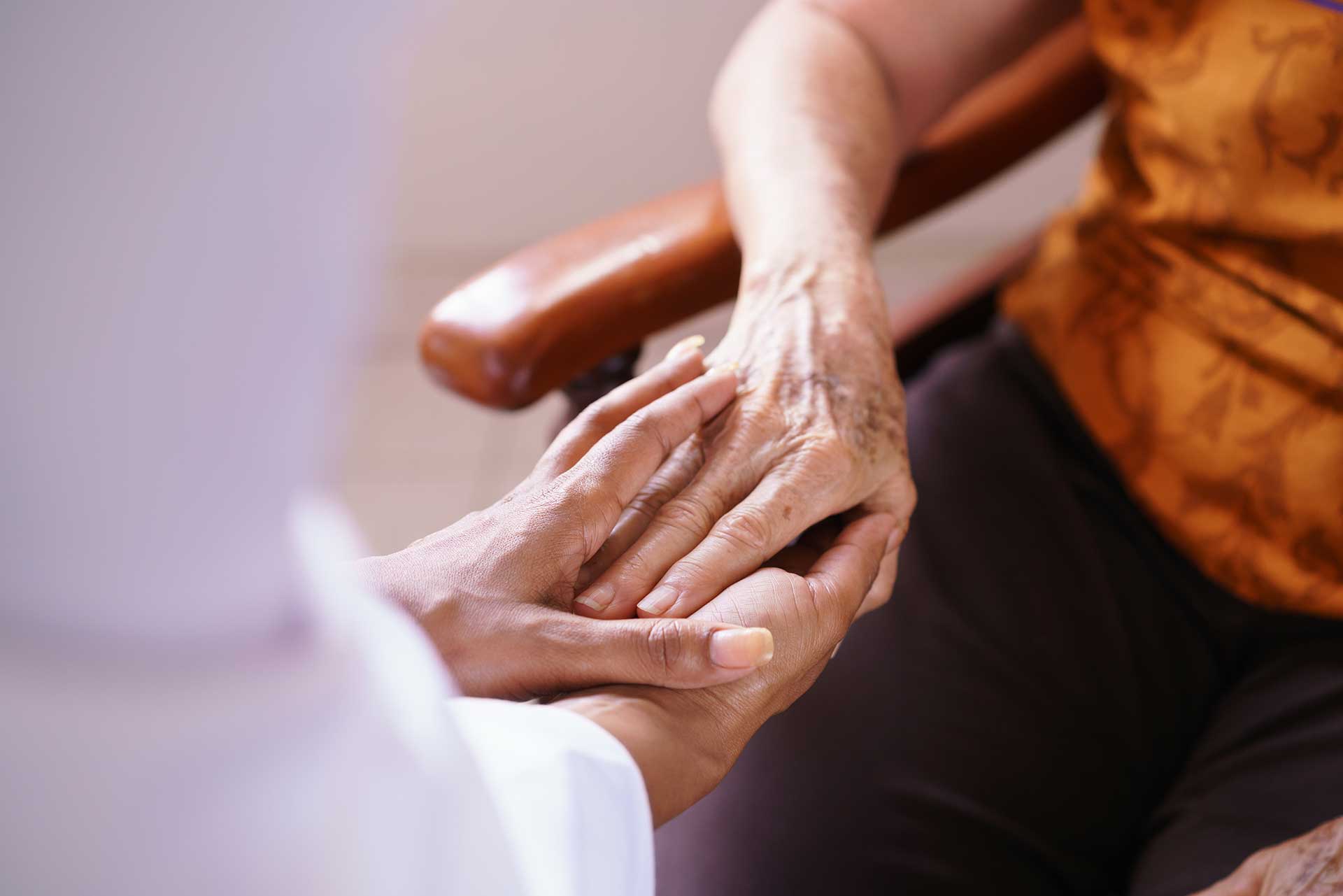The Grieving Process
Every person is unique in the way he or she handles the loss of a
loved one. While the grieving process is different for each of us,
we all experience some common feelings as we work toward healing
from our loss.
Our responses to the different feelings that occur during the
grieving process are often described as “stages.” These stages are
not tied down to “real time”, and people do not necessarily move
in and out of the stages in an orderly, straightforward manner.
Stages can last for minutes or hours. It is not unusual to move
into and out of one stage and then to another, and cycle back
again to the first one. You may find yourself repeating this
process a number of times as you continue to work through your
grief.
There are five commonly observed stages that people experience
during the grieving process. These stages are denial, anger,
bargaining, depression, and acceptance.
At the beginning, you may feel a sense of detachment, shock, or
numbness. You may even wonder why you are not more upset over your
loss. This feeling of disconnection is a survival response. It is
simply nature's way of helping you to continue to function on a
basic level while under extreme stress. Denial is a tool that
unconsciously enables you to do the things that are necessary to
carry on with your life in the days immediately following your
loss.

Anger provides a bridge of connection from the initial numbness of
grief. You may find yourself angry at the doctors, your family,
the loved one who died, or at God. Anger is a necessary stage of
the healing process. Your anger is connected to your pain. The
more you truly allow yourself to feel your anger alongside the
pain, the more it will diminish, and the more you will heal.
Before and after a loss, you may feel like you would have done
anything if only your loved one would be spared. “If only” and
“what if” becomes a recurrent thought. Guilt often accompanies
bargaining. You may wonder if you could have done anything
differently so that your loved one might still be alive. You may
try to second-guess the doctors and yourself. You may revert to
living in the past to avoid the pain of the present.
After bargaining, feelings of emptiness and grief present
themselves on a deeper level. This depression is not a sign of
mental illness. It is the appropriate response to a great loss.
When a loss fully settles in your soul, and you realize that your
loved one is not coming back, feelings of deep sadness
(depression) are normal. To not experience depression after a
loved one dies would be very unusual. Depression is a necessary
step toward healing.
Eventually you come to terms with your bereavement as you move
into the acceptance stage of grief. At this point, the loss has
become part of your story and your history. It does not consume
your life in the same way it did to begin with. With acceptance
comes increased peace. As you move through this stage, you will
find yourself once more interested in and able to enjoy some of
the things that you formerly liked to do. You may develop new
interests and relationships. You have learned to live with your
loss in a way that is constructive and healing.
How long am I going to feel this way?
Every person is different, and so is their grief. Each person will follow a different path toward healing. Although there is no right or wrong amount of time to complete the grieving process, many experts agree that it is not unusual to take at least a year to move through the grieving process.
Complicated grief
The duration of the mourning process can also be influenced by
your relationship to the deceased, the amount of support you
receive, and other factors.
Sometimes the healing process may become disrupted or delayed if
other events or traumatic losses have previously occurred in a
person’s life. This may be especially true if the other loss is
relatively recent, or has never been fully processed in and of
itself. This grief experience is known as “complicated grief.”
People who are dealing with this type of grief may benefit by
working with professionals who are trained in dealing with complex
grief issues. If, after some time has passed, you find your grief
is still persistent and disruptive to the point where it impacts
your daily functions, please seek professional counseling.

